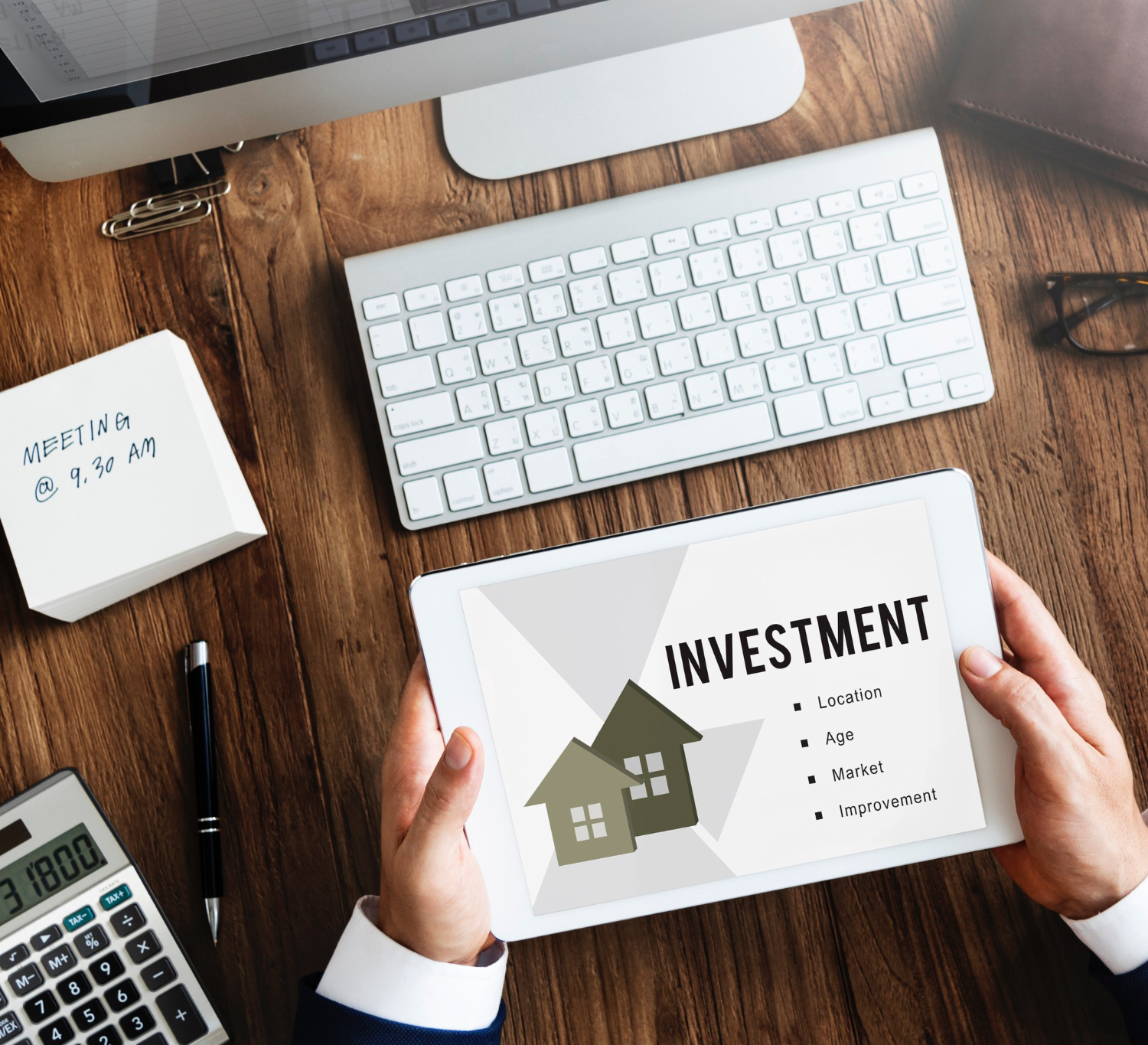
Commercial real estate is a physical investment that generates consistent income and stable returns. It can also provide investment portfolio diversification and tax benefits.
Commercial real estate investment requires specialized knowledge, strong attention to detail, and research. However, investors can succeed by focusing on the following factors:
Higher Returns
When it comes to investing, commercial real estate has the potential to yield higher income than residential properties. Depending on the location and tenant type, commercial properties can have returns between 6% and 12% of their purchase price, significantly higher than the 1% to 4% return typically available in single-family homes.
Investors can also benefit from lower vacancy risks and longer lease terms than residential property ones. In addition, they can take advantage of historically low-interest rates.
Commercial real estate investments can yield stable income, often non-correlated with the performance of stocks and bonds, protecting investors’ portfolios from financial market volatility. However, this investing requires a complex understanding of real estate finance, including calculations like net operating income (NOI), cash flow, debt service coverage ratio, and property tax.
Stable Cash Flow
Commercial real estate investments usually offer stable income compared to other asset classes. This income is distributed yearly, quarterly, or even monthly, making it an asset that provides a steady source of passive income and can protect investors from the volatility of stock markets.
In addition, commercial properties often come with a triple-net lease structure in which tenants pay property taxes, insurance, and maintenance costs. This can result in increased cash flow for the owner as well.
A successful commercial real estate investment is based on a sound understanding of the property market and proper financial analysis. Investors like Peter Hungerford always work cost contingencies into their budgets early on and ensure that the expected annual net cash flow can cover initial loan expenses and any future improvements to the property.
Less Risky
One of the main benefits of investing in commercial real estate is the higher income potential. This is because commercial properties tend to have more spaces that can be leased out, meaning investors face less vacancy risk than in single-family homes or other residential properties.
This higher income also comes with the benefit of reduced maintenance costs. This is because property repairs are spread out across multiple tenants, making them less expensive for owners to repair and maintain.
Additionally, many commercial investors take an active value-add approach to their investments, which can increase the property’s intrinsic value by adding amenities and other upgrades. These additions can boost the selling price of the property when it’s time to sell. This makes commercial real estate an attractive investment option for diversifying their portfolios.
Diversification
Commercial real estate prices tend to have lower levels of correlation with other asset classes, such as stocks and bonds, making it an excellent portfolio diversifier. This can provide a hedge against stock market fluctuations and economic downturns.
Unlike other investments, real estate is a tangible asset that can be easily valued and sold. It also provides a stable income.
Many investors use a “value-add” strategy in which they spend money on improvements and rental rate increases to boost the value of their property over time. This can help increase the selling price of the property in the future. Investing in different property types, such as retail, office, industrial, and self-storage spaces, also makes sense to diversify your investments further.
Tax Benefits
Commercial real estate investors can typically deduct the interest they pay on their property mortgages. This is a significant deduction that can help reduce their income tax liability. However, it is essential to consult with a tax professional before making this decision.
In addition, many of the expenses associated with commercial real estate are tax deductible. This helps to lower an investor’s overall tax bill and can make commercial real estate investing a more profitable venture.
Generally, the returns on commercial real estate are more stable than other financial assets such as stocks and bonds. This stability can help investors stay stress-free even when volatile financial markets. Moreover, commercial real estate’s stability can help diversify an investment portfolio.
